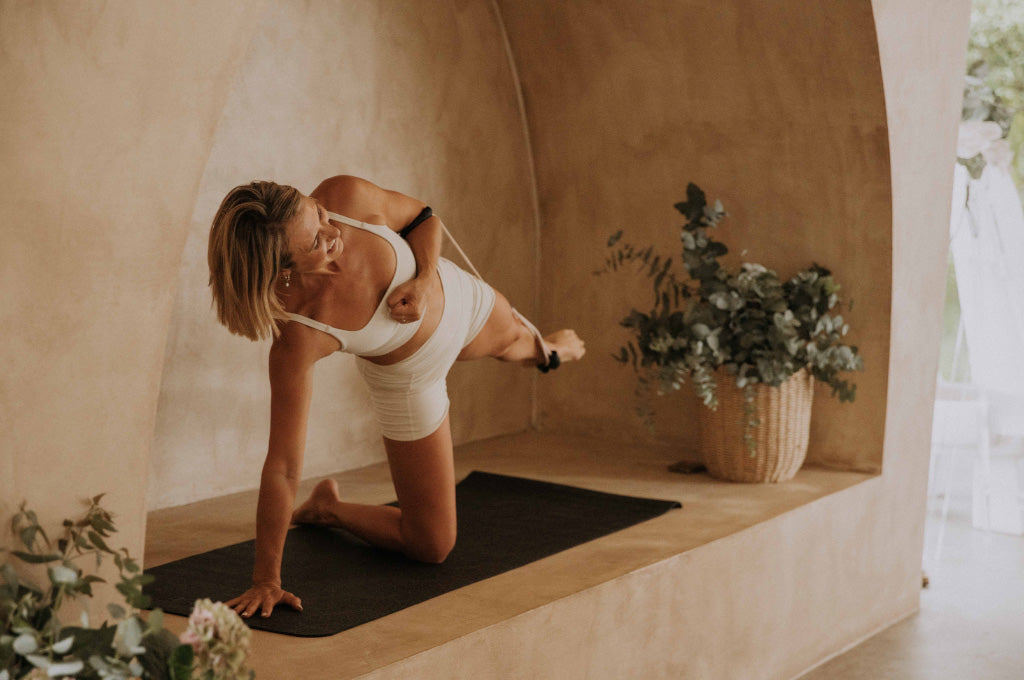
Yoga mats are essential accessories for practitioners of yoga, offering comfort, stability, and hygiene during exercises and meditation. For those looking to bulk buy yoga mats, whether for yoga studios, gyms, or events, several key considerations can ensure you make the right choice.
Quality and Material
The quality of a yoga mat is crucial for comfort and durability. Mats are typically made from materials like PVC, TPE, natural rubber, or cotton. PVC mats are durable and offer good grip, while TPE mats are eco-friendly and lighter. Natural rubber mats provide excellent grip and are biodegradable, appealing to environmentally conscious practitioners. Cotton mats are comfortable but less common due to their bulkiness and absorbency.
Thickness and Comfort
Yoga mats come in various thicknesses, usually ranging from 1/16 inch to 1/4 inch. Thicker mats provide more cushioning for joints and are ideal for restorative or gentle yoga practices. Thinner mats offer better stability and are preferred for balance-focused practices like Ashtanga or Vinyasa yoga.
Texture and Grip
The texture of a yoga mat affects its grip and comfort. Mats with textured surfaces provide better traction, preventing slipping during poses and transitions. This is particularly important for hot yoga or practices where sweat may affect grip.
Size and Portability
Standard yoga mats are about 24 inches wide and 68 inches long, but variations exist. Consider the dimensions when buying in bulk to ensure they accommodate a diverse range of users. Portable mats are thinner and lighter, suitable for travel or outdoor yoga sessions.
Cost and Bulk Buying Considerations
Buying yoga mats in bulk offers cost savings per unit and ensures you have enough mats for classes or events. Compare prices from different suppliers and consider additional costs like shipping and storage. Look for suppliers that offer bulk discounts and warranties for quality assurance.
Environmental Considerations
Increasingly, practitioners and studios are opting for eco-friendly mats made from sustainable materials. Look for mats that are recyclable, biodegradable, or made from renewable resources to minimize environmental impact.
By considering these factors—quality, material, thickness, texture, size, cost, and environmental impact—you can make informed decisions when purchasing yoga mats in bulk, ensuring both practicality and sustainability for your yoga practice or business needs.